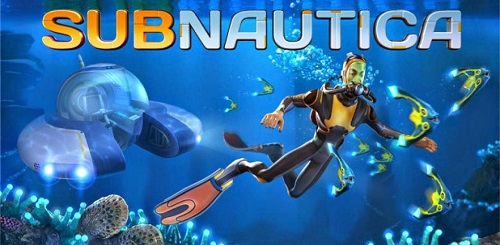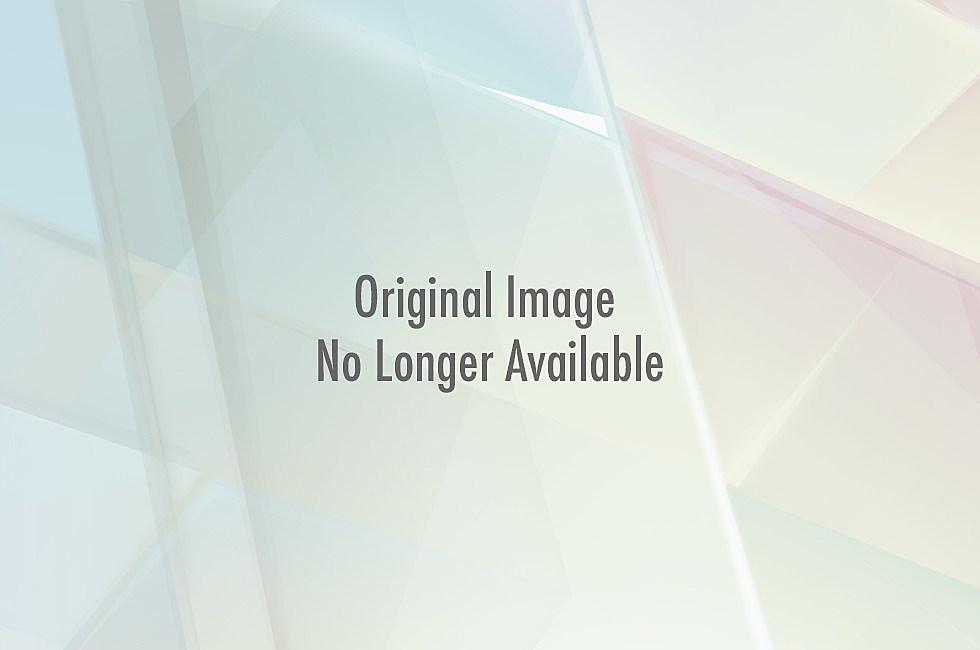I had to look up the start date of my first project. Thomas at Frictional games emailed me in September 2006 offering me unpaid work on the Penumbra series. My word-for-word reply at the time sheds light on just how long ago this really was:
"This certainly sounds like something I would like to be involved in[...] I'm on MSN with this email..."That means September 2016 will be my ten year 'professional' writing anniversary, but my games industry anniversary has been and gone. My first taste of development was in the QA department at Lionhead Studios on Black & White 2, way back in April 2005. I remember skipping my university exams that year to take the job, and receiving a curious email from university admin inquiring remarkably softly why I hadn't attended. I told them grades in the first year don't count towards your final degree beyond 50%, and I already had that through coursework, so I prioritised work experience. They were surprisingly cool about it.
Lionhead Studios made me want to be a professional writer. Up until that point I had been cold contacting dozens of studios every week, looking for work experience, placements and QA work. I'd studied computer science with the intent of being a programmer; I'd studied business to keep production a valid option; and I was toying around with LD tools as well. What I actually wanted to do of course was to be a games designer.
Lionhead showed me how big games development usually works. On my second day there I was caught in my lunchbreak trawling the company servers, reading every Lionhead design document I could get my hands on. During my second month there a group of other QA guys started complaining there was no story to the game. They were right. There had been I think a conscious top-down design decision to focus on mechanics rather than narrative, and the story was bare, uninteresting and contrary to the world in front of you. So these QA guys put together their own text-based story - it was basically just an opening crawl setting up the world and your mission there - and pitched it to design.
I was so jealous. I had always been a writer, for as long as I can remember. I'd just nine months ago quit my computer science degree in favour of English & Philosophy. Compared to QA, production, design, everything, writing was the one area I actually had solid, bankable skills, and here I was being outmanoeuvred by these other QA guys.
Now as it turned out the game had already hit text lock and the new story never went in - but it gave me all the inspiration I needed. If Lionhead's QA department was just a text-lock away from successfully pitching a story for a AAA product, then if I could get to other teams at just the right time I could succeed where they failed.
From this point on everything became about games writing. I started emailing very different teams, targeting those I thought would be open to taking a gamble on me, those with games that suited the sort of story I could produce. From that point on I have basically been looking for the same set of magic words that Frictional first uttered to me:
"It has always been our goal to give [the game] good and creative [story], but unfortunately we are at best mediocre writers."







